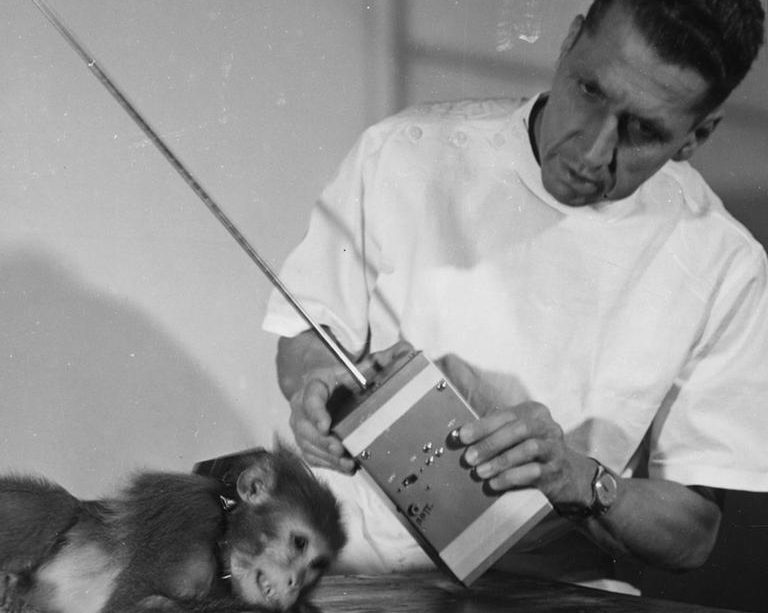The Remarkable Contributions of Jose Delgado in Neuroscience

Introduction
Jose Delgado was a prominent figure in the fields of neuroscience and psychiatry, celebrated for his revolutionary research on brain stimulation. His work has had profound implications for understanding the human brain and its capacity to influence behaviour. As interest in brain-computer interfaces and neurotechnology continues to surge, Delgado’s findings remain increasingly relevant, prompting a renewed examination of his contributions.
The Pioneering Work of Jose Delgado
Delgado, a Spanish-American neuroscientist, conducted influential research during the mid-20th century at Yale University. One of his most notable experiments involved implanting electrodes in the brains of animals, which allowed him to manipulate their behaviours remotely. He famously demonstrated this technique in a 1965 public demonstration where he controlled a bull’s aggression using a device that delivered electrical stimuli to specific brain regions. Although controversial, this work laid the foundation for future studies into how electrical stimulation can alter neuronal activity and behaviour.
Delgado’s research showed that different areas of the brain could be targeted to elicit various responses, ranging from aggression to calmness. His vision extended into the potential therapeutic uses of such techniques, foreshadowing today’s explorations of deep brain stimulation for conditions like Parkinson’s disease and severe depression.
The Ethical Considerations
Delgado’s experiments raised significant ethical questions that resonate in contemporary discussions about neurotechnology. His work challenged societal beliefs about free will and bodily autonomy, leading to debates around the implications of controlling human behaviour through neuroscience. Critics raised concerns about the morality of using such techniques—especially on humans—despite potential benefits in treatment modalities.
Legacy and Current Relevance
Jose Delgado passed away in 2011, but his legacy endures in both the scientific community and popular culture. His pioneering studies have set the stage for modern neuroscience, influencing research into neural interfaces and therapies aimed at mitigating psychiatric disorders. As technologies evolve, Delgado’s insights prompt essential conversations about responsibly harnessing the power of the human brain.
Conclusion
In a world increasingly leaning on technology to understand and intervene in human behaviour, Jose Delgado’s contributions serve as a crucial touchstone. The balance of exploring the potential benefits of brain stimulation while addressing ethical considerations remains paramount. Continued research in this area not only honours Delgado’s legacy but also sets a responsible path for the future of neuroscience.









